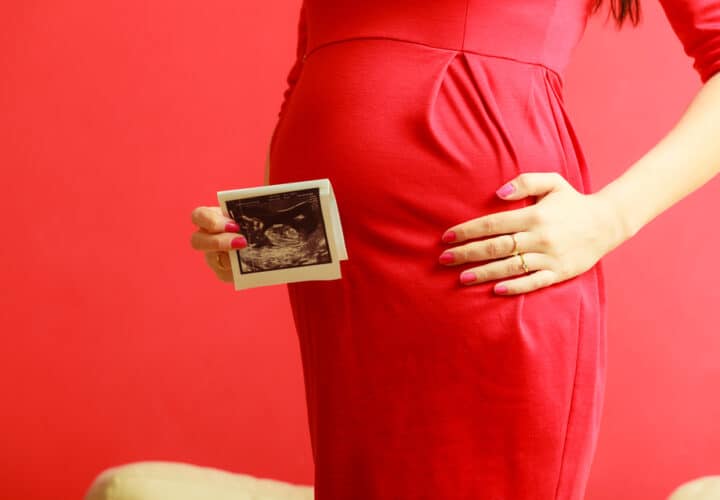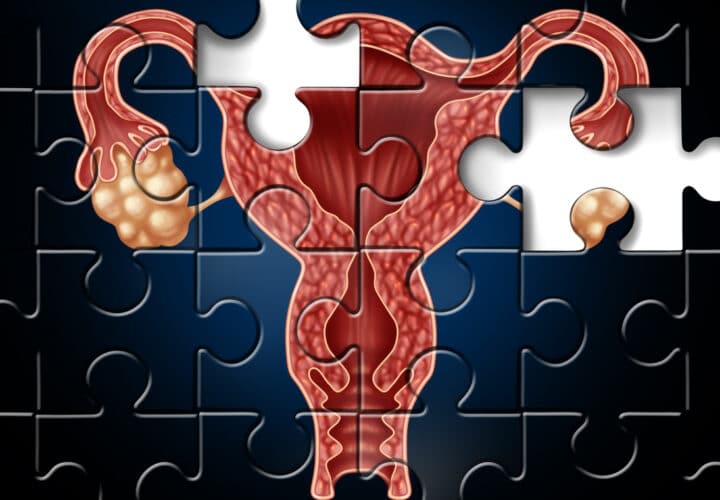Giving birth to five or more children may raise the risk of Alzheimer’s by as much as 70 percent, a new study has found. The study also found that women with what researchers called “incomplete pregnancies”—those that ended in miscarriage or abortion—had a lower chance of Alzheimer’s than those who had never had an incomplete pregnancy.
The study looked at more than 3,500 women in South Korea and Greece. The women were an average age of 71 at the start of the study, and provided their pregnancy history to researchers. They took cognitive tests to measure whether they might have dementia or mild cognitive impairment, a common precursor to dementia. In all, the study found that 118 of the women had Alzheimer’s and 896 had mild cognitive impairment. When they examined the women with five or more children, they found that there was a much higher rate of cognitive decline.
Of the 716 women in the study who had five or more children, 59 developed Alzheimer’s. Of the 2,751 women in the study with fewer than five children, 53 developed Alzheimer’s. For women who had an abortion or miscarriage, 47 of 2,375 developed Alzheimer’s, compared to 71 of the 1,174 women who never had an incomplete pregnancy.
There could be many factors at play to explain these numbers. For example, women with lower education levels in South Korea are more likely to have more children. And we know that education has been shown to be an important factor in protecting against Alzheimer’s. But researchers said the numbers point out something that has been linked with cognition: estrogen levels in the brain.
Researchers have noticed a link between estrogen levels and cognition in the past. Studies have shown that a drop in estrogen levels causes memory loss and and may remove a protective effect. Menopause itself, when estrogen levels drop sharply, may be a risk factor for dementia.
During pregnancy, though, estrogen levels increase rapidly during the first trimester. That’s usually the time when most people experience miscarriages or might opt to end the pregnancy. Could that slight increase in estrogen explain why women who experienced incomplete pregnancies might have a lower risk of dementia?
“It’s possible that the modestly raised levels of estrogen in the first trimester of pregnancy are within the optimal range for protecting thinking skills,” said study author Ki Woong Kim, M.D., Ph.D., of Seoul National University in South Korea. After a lost pregnancy, though, hormone levels slowly return to normal, so researchers are unable to pinpoint why the women in the study with a lost pregnancy had a lower incidence of dementia.
Kim said that hormones skyrocket during pregnancy. “Estrogen levels double by the eighth week of pregnancy before climbing to up to 40 times the normal peak level,” he said. It could be that pregnancy protects the brain up to a certain point—but after five pregnancies, that protective effect seems to go away.
There are limits to the study, though. It could be that women who had miscarriages very early on didn’t realize it, as the women they studied were pregnant decades ago when at-home pregnancy tests were not as common. Abortions could have also gone unreported.
This study doesn’t prove that women who have five or more children are most certainly more likely to get dementia. It does point out an association, but moms of any amount of children know that there could be many things that change in your life after having kids that might affect a person’s risk.
There does seem to be a relationship between estrogen and cognition, but so far, hormone replacement therapy studies have not been conclusive, though some research is promising. The authors of this study hope to continue their research on more people.
“If these results are confirmed in other populations, it is possible that these findings could lead to the development of hormone-based preventive strategies for Alzheimer’s disease based on the hormonal changes in the first trimester of pregnancy,” said Kim.
This study was published in the journal Neurology.


